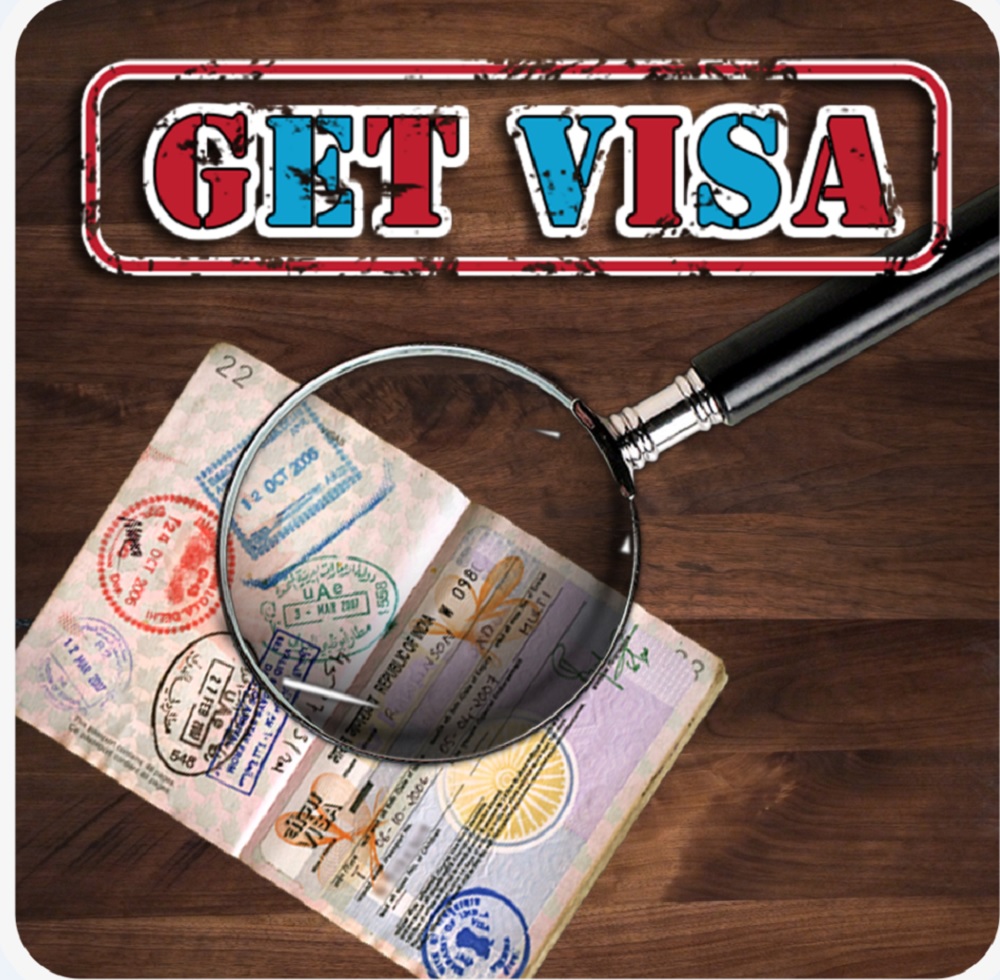Get Visa is a mobile game that aims to teach people about the complicated, crazy, and cumbersome U.S. immigration process. It is the latest example of the gamification of a real-life process — in this case applying for a visa to the U.S. — with game mechanics that can be both educational and entertaining.
Piyush Mishra, co-creator of the free-to-play game, believes that the title will help reduce the denial rate for American visas by educating people about the right steps and processes involved in getting different kinds of visas for the country. He has started a Kickstarter crowdfunding campaign to raise $10,000 to fund the project. So far, the campaign has raised $6,893 from 37 backers, and it has 10 days to go.

Unlock premium content and VIP community perks with GB M A X! Join now to enjoy our free and premium perks.
Join now →
Sign in to your account.

